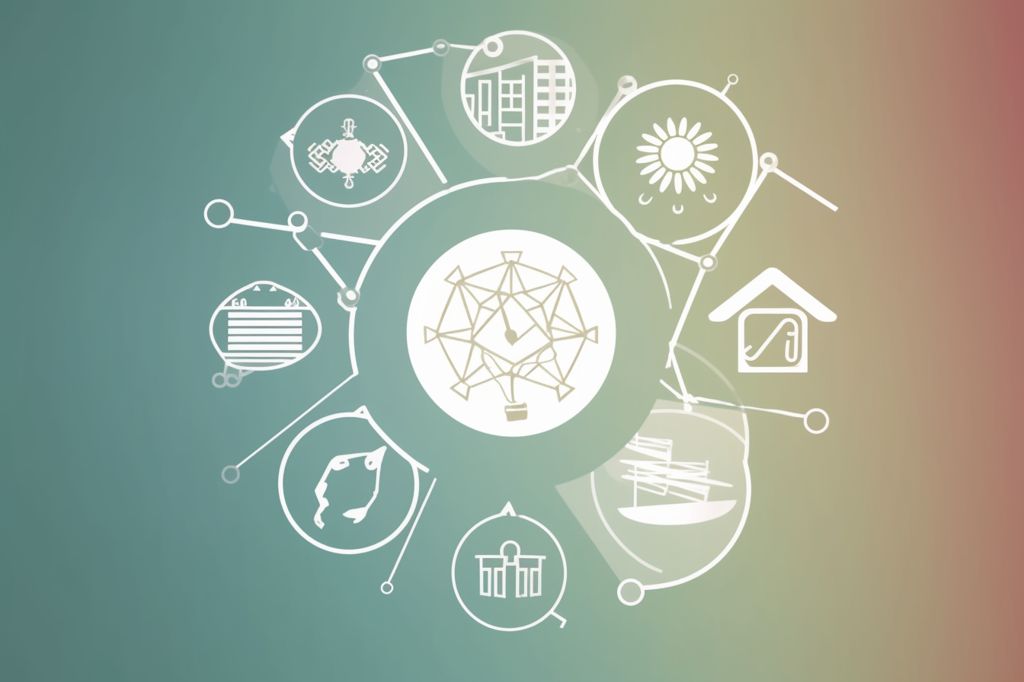The South African Minister of Finance has denied Eskom’s request for a partial exemption from disclosing irregular, fruitless, and wasteful expenditures, as well as material losses from criminal conduct in its annual financial statements. This decision highlights the need for Eskom to improve its operational efficiency and fight fraud and corruption before an exemption can be considered.
Importance of an Anti-Corruption Strategy
As Eskom continues to deal with the effects of state capture, it is crucial for the organization to develop a credible anti-corruption strategy that garners the support of stakeholders. This strategy should include measures to improve operational efficiency and combat fraud and corruption.
National Treasury’s Decision-making Process
The National Treasury consulted with the Auditor-General and considered public comments submitted through Government Gazette General Notice No. 3270 of 6 April 2023 before making its decision. A total of 56 comments were received, covering various issues related to accounting, reporting, auditing, governance, legal principles, and public interest.
Stringent Accounting and Reporting Standards for SOEs
State-Owned Entities (SOEs) like Eskom face more stringent accounting and reporting standards than commercial companies. They must comply with the Public Finance Management Act (PFMA), the Companies Act, the International Financial Reporting Standards (IFRS), and JSE Debt Listing Requirements. Additionally, Eskom faces extra reporting obligations as part of its debt relief arrangement.
Irregular Expenditure and Financial Mismanagement
Although irregular expenditure does not always indicate fraud and corruption, many comments submitted view it as an indicator of how SOEs manage their finances. The extensive PFMA reporting requirements make it more challenging for an SOE compared to a listed company to have its financial statements qualified, even in the absence of financial mismanagement or corruption.
Commitment to Accountability and Transparency
The National Treasury is committed to promoting strong accountability and transparency in financial matters and supporting and strengthening Eskom and other SOEs. This commitment includes assisting Eskom in improving its mechanisms to prevent, detect, and investigate financial irregularities and ensuring that acts of fraud and corruption are thoroughly reported, regardless of the reporting requirements.
Challenges Faced by SOEs
The National Treasury recognizes that SOEs face legitimate technical challenges related to compliance reporting, differentiating between corrupt and suspicious transactions, and expenditures made in good faith but not necessarily in compliance with financial and non-financial laws and rules. The comments submitted provide a basis for further engagement on accounting and compliance reporting challenges and the development of a better framework for compliance reporting in SOEs.
Collaborating for Reform
The National Treasury will collaborate with relevant stakeholders and authorities to contribute to reforms that ensure the PFMA adequately addresses the complexities of financial reporting in the public sector. The Treasury will work with the Auditor-General to develop a revised irregular, fruitless, and wasteful expenditure framework as part of the PFMA reforms to address these challenges and other financial and compliance reporting issues.
The National Treasury appreciates all commentators for their valuable input and engagement regarding the proposed Eskom exemption. It is essential to ensure that state-owned entities no longer depend on fiscal allocations and guarantees for their capital and operational funding requirements to secure South Africa’s future.












